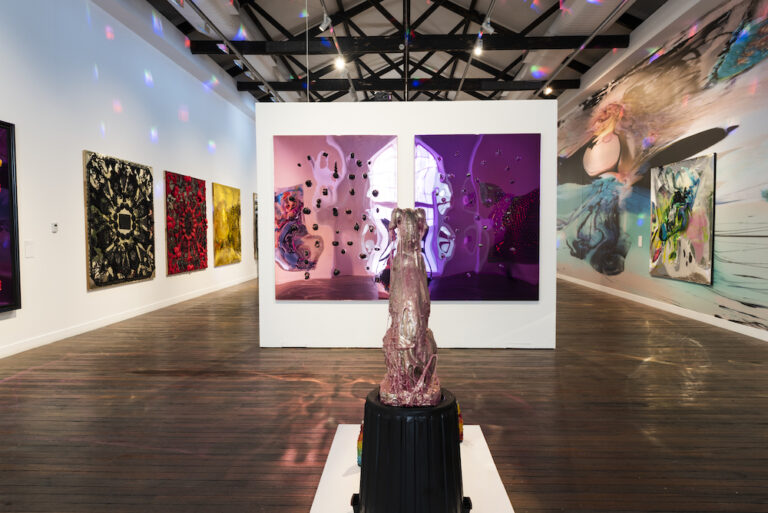
Costly conditions in refugee camps

BY SATHSARA RADALIYAGODA AND TOMMY BOUTROS
Over the past decade, a strong contingent of Australian politics has been focused on offshore processing and mandatory detention.
On Monday night, The Refugee Action Coalition hosted a public forum to discuss Australia’s border protection, the treatment of refugees and the government’s resistance to resettling refugees in Australia.
Larry Vincent, a co-contributor to the forum highlighted the importance of such events.
“The idea of a public forum is just really to inform people through an alternative medium about the issues surrounding mandatory detention…the main objective is to provide people with a voice in a public space that is objective,” he said.
Monday night’s forum aimed to bring justice to refugees, by analysing the impact of government campaigns on the vetting of refugees. The impact the 2007 Labor Party refugee campaign had on government policy was used as one example.
Offshore processing has seen a new generation of refugees mistreated and rejected by the Australian government and forgotten by the Australian public.
Alanna Maycock, the manager of the Refugee Clinic in Westmead Children’s Hospital, has been outspoken about the lasting impact mandatory detention centres have on refugees, particularly on children.
“Children are self-harming, a young girl tried to hang herself at six years of age. We have never seen children of that age self-harming in any of our paediatrician experience…these are alarming statistics of children at a very young age,” she said.
Ms Maycock said that a study conducted by the Refugee Clinic indicated “horrendous” sexual assault rates in detention centres.
“Every 13 and a half days there’s sexual assault on a child and every two days there’s a physical assault, a majority involving children,” she said.
The proliferation of assaults and the mistreatment of children in offshore detention centres like Nauru has seen an increase in Post-Traumatic-Stress Disorder(PTSD). A study conducted by the clinic highlights that 99% of children in detention scored “in the highest risk of PTSD.”
Ian Rintoul, a spokesperson for the Refugee Action Coalition (RAC), believes that offshore detention centres should be abolished.
“Detention itself breeds the abuse for which the camps have become notorious. The camps should be abolished. The Liberals privatised the running of the detention centres partly to ensure the government could not be held accountable for the day to day horrors of detention,” he said.
The Australian Refugee Association Incorporation was not willing to comment regarding the conditions in detention centres and the impact these conditions have on refugees.
A lack of representation for refugees and those in mandatory detention is the foundation for public forums, like the one conducted on Monday night, that seek to voice the concerns of many refugees.
Ms Maycock, who is also aligned with the RAC said that the conditions within detention centres lack transparency.
“We have a shroud of secrecy over detention centres….where there’s no media scrutiny, there’s no public scrutiny, you have a system that’s open to mistreatment and abuse. They haven’t stopped the boats, that’s nonsense. That’s why these forums are so important; it relies on people like us to explain this to the public,” she said.
Michael Grewcock, the guest speaker at Monday night’s forum, believes nothing positive has been done to help the situations in detention centres.
“Detention centres haven’t changed, they remain isolated, violent institutions,” he said.
To further shut down any publicity over issues regarding the offshore processing and mandatory detention of refugees, the Australian government have threatened institutions like Westmead Children’s Hospital with budget cuts.
“The government is threatening the health of Australian children if they’re threatening with budget cuts, and that is unforgivable,” said Ms Maycock.









